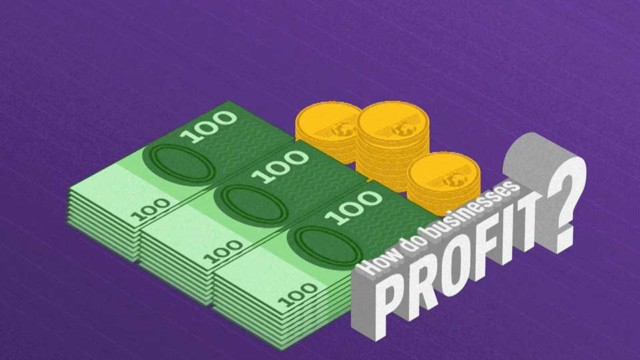Universal Basic Income is a regular payment by the government to every citizen- with no strings attached. However, some critics call it free money.
CGTN’s Ahmad Coo explains.
The idea is gaining traction because of automation. There are people who are worried robots could eventually replace all of us at work.
So if there are no jobs to be had, how do we make a living and go about our lives shopping and consuming. The government will give us the money to spend.
But what about businesses – how will they profit? Since the business of the future would no longer need workers. All the money made by companies would be pure profit- minus maintenance costs.
Take this example: businesses make products to sell to us- the government taxes those businesses.
And then it distributes the money it gets as universal basic income or UBI. And then consumers spend that money again on said products.
Supporters of UBI argued that it will eliminate poverty and afford everyone a basic level of income security.
But critics say there’s a lot wrong with it. For instance, the one size fits all system doesn’t suit everyone. Every person has their own particular needs.
John Tamny and Matt Bruenig discuss and debate Universal Basic Income
CGTN’s Rachelle Akuffo spoke to John Tamny, editor for Real Clear Markets and Forbes Magazine and Matt Bruenig, a contributor at progressive thinktank Demos about Universal Income and whether it’s feasible in the real world.
 CGTN America
CGTN America

